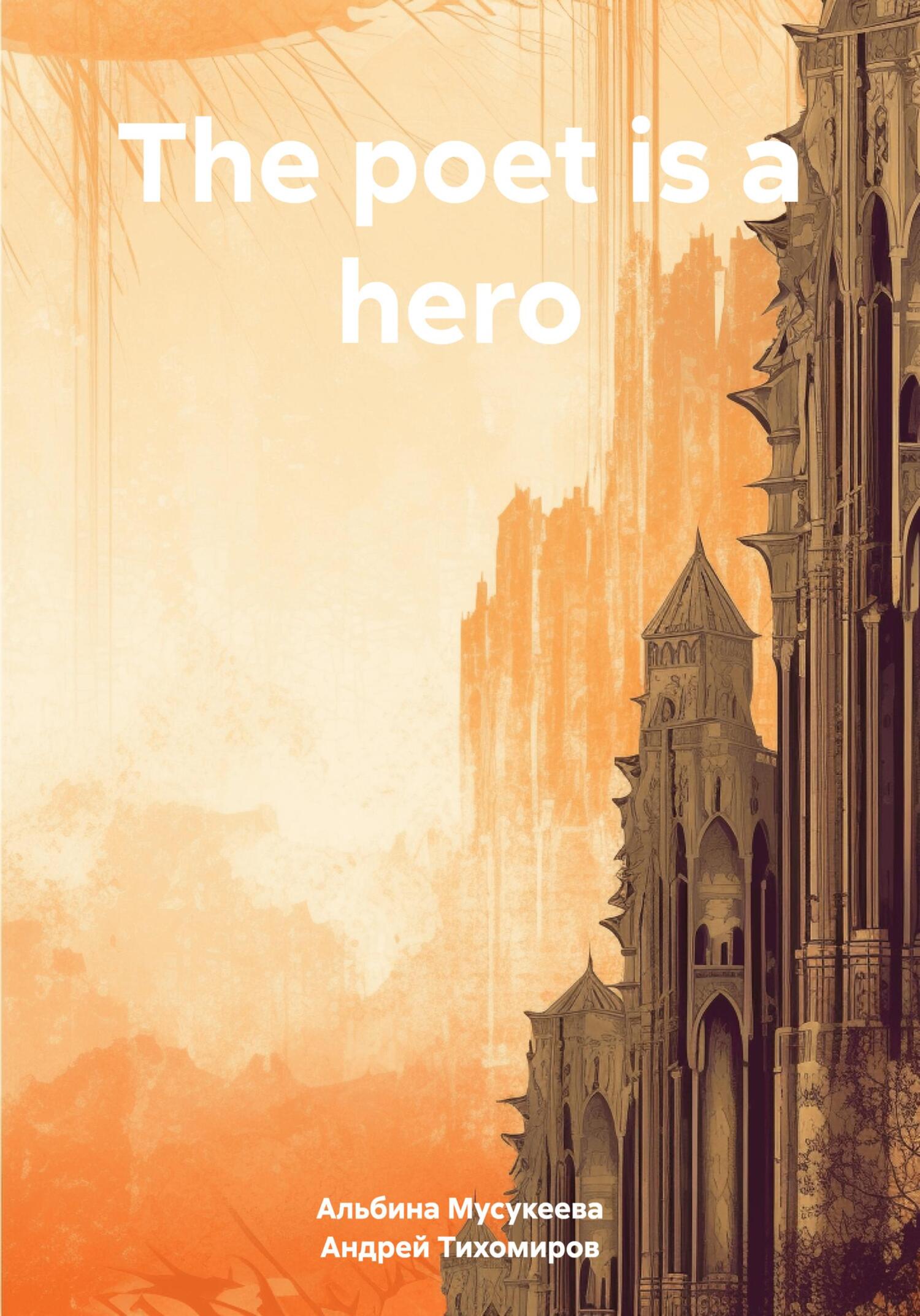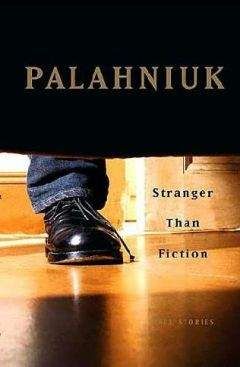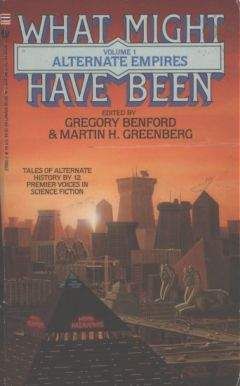graduating from the tatrabfak, Jalil worked as an instructor in the Orsk district Committee of the Komsomol, then in the Orenburg Provincial Committee of the Komsomol. The first poetry collection "Let's go" was published in 1925 in Kazan.
The works of M. M. Jalil of the 1920s include the glorification of the Heroes of the Revolution and the Civil war (the poem "The Roads Traversed", 1924-1929), romantic images of ordinary builders of socialism (collection "Order-bearing Millions", 1934; Collection "Postmen", 1938, published in 1940). At the end of 1927 He was elected a member of the bureau of the Tatar-Bashkir section of the Central Committee of the All-Union Lenin Komsomol Committee (KOMSOMOL). In 1931, he moved to Moscow, where he graduated from the literary Faculty of Moscow State University. Until 1932, he was the editor-in-chief of the Tatar children's magazine, headed the department of literature and art in the central Tatar newspaper "Communist".
In 1935, the first translations of his poems into Russian were published. In the 1930s, Jalil also translated into Tatar the works of poets of the peoples of the USSR Shota Rustaveli, Taras Shevchenko, Pushkin, Nekrasov, Mayakovsky and Lebedev-Kumach. As a playwright of the Tatar State Opera, he wrote four librettos for Tatar operas. In 1939 and 1940, he served as chairman of the Union of Writers of the Tatar ASSR.
The outbreak of the Great Patriotic War detained him in Kazan, where he headed the writers' organization of Tatarstan. Since July 1941, he has been at the front as a political instructor, an employee of the editorial office of the newspaper "Courage" of the 2nd shock Army in the Volkhov direction. In one of the battles, Musa Jalil was seriously wounded and captured. He ended up in a Nazi concentration camp. Soon, for participating in the preparation of the uprising of prisoners of war, he was imprisoned in the Moabite prison, then in the prisons of Spandau, Plettsensee. In prison, he continued to write poetry imbued with ardent love for the Motherland, his colleagues, and fellow citizens. In German captivity, he actively participated in the activities of an underground group of Tatar prisoners of war, was its ideological inspirer. On behalf of this group, he worked in the Tatarische Mittelstelle organization (Tatar mediation, Berlin), created by the Germans to conduct propaganda work among Tatar prisoners of war and use them in the war against the USSR; conducted cultural and educational work among prisoners of war forcibly enrolled in the legion, and destructive work against the Nazis.
On August 10, 1943, he and his comrades were arrested by the Gestapo and sent to the Moabite prison in Berlin. He was in a cell with Belgian patriot and resistance fighter Andre Timmermans and Polish prisoners. In prison, Jalil learns German to communicate with his prisoners. In prison, he wrote down poems written in the same place in homemade notebooks. He and his group of 12 people were sentenced to death on February 12, 1944 and executed by guillotine in Berlin's Plettsensee prison on August 25. His body has not been found.
Jalil's first notebook was kept by Abbas Sharipov, and then by Nigmat Teregulov. Sharipov was also in Moab prison and received letters from Jalil and Abdullah Alish when prison guards were hiding from the bombings. The second notebook is kept in the hands of the Belgian chamberlain Andre Timmermans. These notebooks were transferred to the Union of Writers of the Tatar ASSR in 1946 and 1947. They were published in the form of two books called "Moabite Notebooks". The widow of Jalil Amin Zalyalov handed over the original to the National Museum of Tatarstan for safekeeping. One of the notebooks was delivered in 1946 by Turkish citizen Kazim Mirshan to the Soviet Embassy in Rome. However, this notebook was lost in the archives of SMERSH, and its search since 1979 has not yielded any results. These notebooks are written in Arabic script.
In 1953, the Moabite Notebooks were published in Kazan, and a Russian translation was also published in Literaturnaya Gazeta with the assistance of its editor Konstantin Simonov.
Jalil was awarded the Hero of the Soviet Union Star in 1956 and the Lenin Prize for Literature in 1957 for The Moabite Notebooks. Musa Jalil Street appeared in Orenburg in 1965. A monument to Musa Jalil was erected near the Kazan Kremlin; a museum in his apartment was opened in Kazan in 1983. His poetry was popularized in the Soviet Union and the Warsaw Pact countries. Soviet Tatar composer Najib Zhiganov wrote an opera poem "Jalil" based on the poet's life. The premiere of the song in the Tatar language took place in Kazan in 1957, and was later recorded by conductor Boris Khaykin for Moscow radio. In 1968, the film "Moabite Notebooks" was made about the poet. The symphonic poem "Musa Jalil" by the Soviet Tatar composer Almaz Monasypov, written in 1971, is dedicated to the poet. The minor planet NGC 3082, discovered in 1972 by Soviet astronomer Tamara Mikhailovna Smirnova, is named in his honor. The monument to the Soviet poet, hero of the Soviet Union Musa Jalil was unveiled on June 22, 1996 in the city of Orenburg. The monument is located in Orenburg on Postnikov Street.
The monument was erected in 1996 to mark the 90th anniversary of the poet's birth. The author is the sculptor Kadym Zamitov (Kazan). The 1.5 ton sculpture was cast in Tatarstan. Musa Jalil appears sitting on a stone with his head slightly turned to the left. There is an inscription on the slab in front of the monument: "To the poet-hero Musa Jalil." The creation of the monument became possible thanks to the government of Tatarstan, the administration of the cities of Kazan and Orenburg, as well as voluntary donations from people of various nationalities. The honorary right to open the monument was granted to the poet's younger sister, Khadicha Zalilova. On October 13, 2021, the grand opening of the monument to Jalil in Yekaterinburg took place in the





